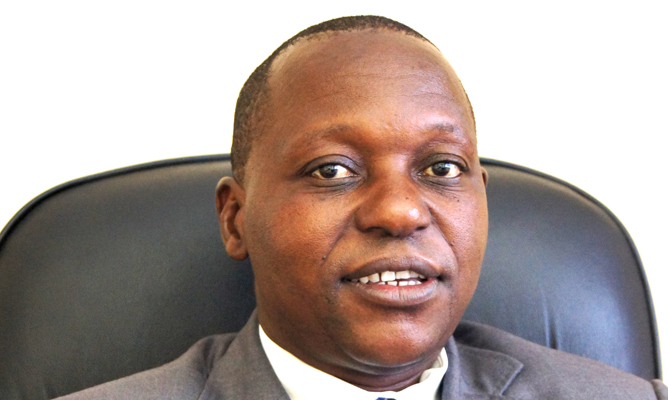
Portfolio committees were this week busy analysing the 2019 National Budget presented to Parliament by Finance and Economic Development minister Mthuli Ncube last Thursday. The primary purpose of this scrutiny is to prepare Members of Parliament to contribute meaningfully to the debate and approval stage of the budget process.
guest column: John Makamure
Parliament holds the power of the purse. This means government cannot spend funds not appropriated or approved by Parliament. Appropriation of funds to various spending agencies should not be an academic exercise, but one that ensures projects and programmes of critical public interest receive priority allocation. This is particularly important in our situation of acute scarcity of public resources amid numerous competing demands.
Parliament can only effectively play this important function if the members are adequately informed about the contents of the budget, and the implications of various macroeconomic and taxation measures.
This requires detailed and objective analysis of the budget statement and the blue book.
This analysis must be devoid of partisan considerations if the law makers are going to do justice to their financial oversight work.
The MPs must not be swayed by the opinions of some analysts who are quick to criticise without even having fully read the budget statement and the blue book.
Criticism breeds a healthy democracy. Criticism must, however, be constructive, and on the basis of empirical evidence.
- Chamisa under fire over US$120K donation
- Mavhunga puts DeMbare into Chibuku quarterfinals
- Pension funds bet on Cabora Bassa oilfields
- Councils defy govt fire tender directive
Keep Reading
I respect someone who brings researched evidence on the implications of public policy measures, rather than making generalised and sweeping statements on these measures.
Basically, what I am saying is that the culture of research in Zimbabwe has not taken root despite our highly respected academic education system.
We are quick to embrace the opinions of political activists as facts. We cannot distinguish between political activists and public policy analysts.
A political activist is motivated by the desire to assume political office and is there to condemn whatever measures propagated by the one governing.
A true public policy analyst must objectively look at the pros and cons of a policy measure and then arrive at a conclusion based on facts and figures.
One thing I like about the 2019 National Budget is that the minister tried to come up with some realistic figures.
For example, he did not understate projected expenditures as in previous years.
Past Finance ministers would make us believe that we would spend less than $5 billion, only to end up spending more than twice that amount.
The $8,16 billion projected total spending is realistic if one compares with previous projected expenditures that would be overrun mainly by quasi-fiscal operations financed through costly Treasury Bill issuances and overdraft from the central bank.
The minister has promised to do away with such quasi-fiscal operations and central bank overdraft facility, and only issue Treasury Bills to finance the fiscal deficit unlike in the past when these bills would finance the bulk of government spending.
Employment costs are expected to consume about 50% of total spending, which is a drastic reduction from the current unsustainable figure of over 70%. A nation which spends 90% of total revenue to fund wages and salaries can never realise sustainable economic development characterised by strong human development indicators.
The target in the 2019 budget is for employment costs to consume 60% of total revenue. This reduction will be driven by civil service rationalisation, including elimination of the huge number of ghost workers.
Our MPs must now closely monitor implementation of these measures so that the budget does not become empty promises. It is on implementation that we have always been found wanting.
Failure to finance spending from tax and non-tax revenue outside domestic borrowing will spell disaster for the economy.
The same applies to paying lip service to the public sector rationalisation programme. The MPs must regularly (like every quarter) invite the minister to provide progress reports on this critical aspect of the budget.
On the revenue front, the projected total revenue of $6,6 billion is a realistic figure if the government manages to plug the revenue leakages witnessed over the years. The bulk of revenue inflows is tax revenue at 91%.
While I agree that the burden of taxation has been high on Zimbabweans, it would be unrealistic to expect revenue to come from other sources, especially when the re-engagement of international financiers is still to bear fruit.
Painful as it is, tax revenue is our realistic source in the short term.
There would be no need to impose additional taxes on Zimbabweans if the Zimbabwe Revenue Authority (Zimra) was going to put its act together. The tax collector’ systems must be revamped in order to bring everyone who is supposed to pay tax into the tax net.
Why Zimra cannot work with financial institutions to capture those avoiding tax boggles my mind. These people have accounts with financial institutions and it only requires Zimra systems linking up with these institutions to catch the culprits.
John Makamure is the executive director of the Southern African Parliamentary Support Trust











